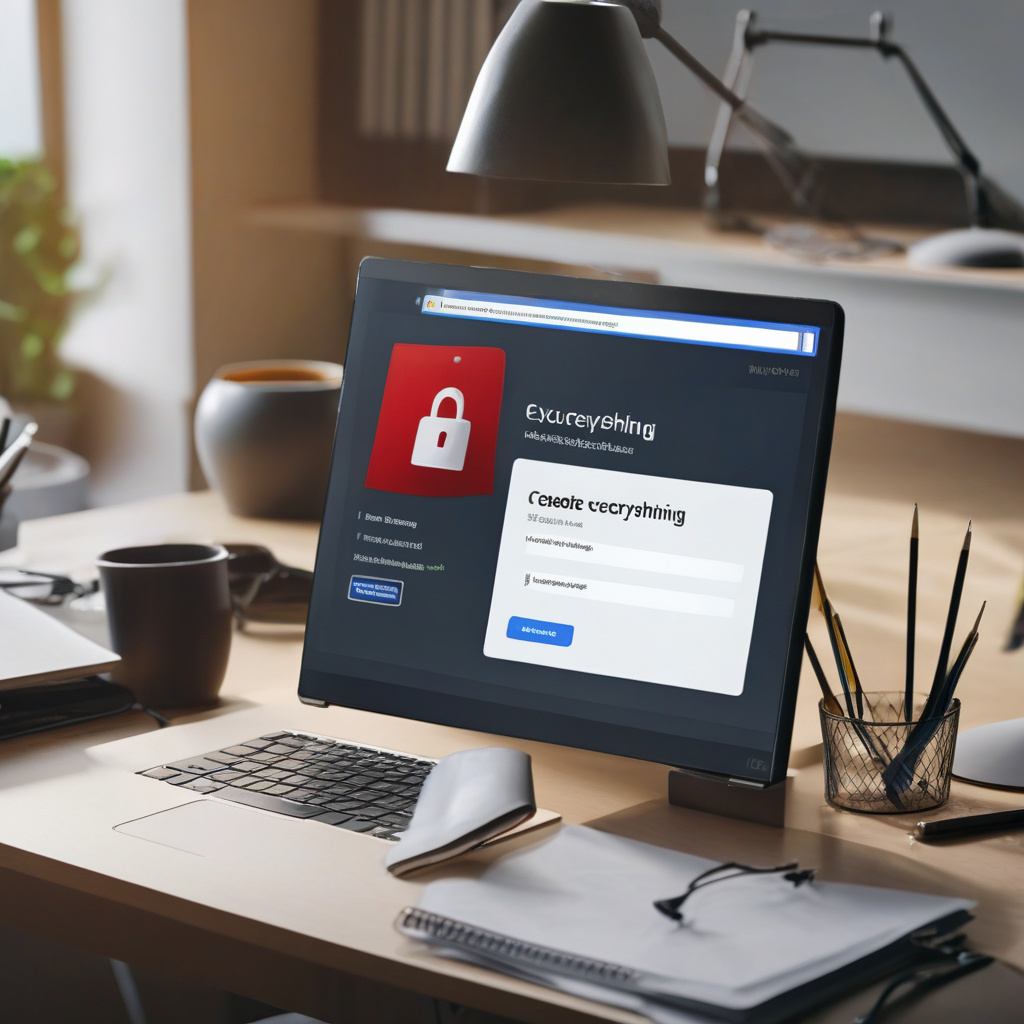Microsoft has recently issued a warning regarding a sophisticated phishing campaign that has set its sights on the hospitality sector. By masquerading as the well-known online travel agency Booking.com, cybercriminals are employing a cunning social engineering tactic known as ClickFix to distribute malware aimed at stealing sensitive credentials.
This alarming activity first came to light in December 2024 and represents a grave threat to businesses within the hospitality industry. The ultimate objective behind this nefarious scheme is to engage in financial fraud and theft, posing significant risks to both organizations and individuals alike.
The perpetrators behind this malicious campaign have honed their techniques to a dangerous level, exploiting the trust often associated with reputable brands like Booking.com. By leveraging the familiarity and credibility of such platforms, they lure unsuspecting victims into clicking on deceptive links or opening infected attachments, thereby compromising their systems and personal information.
What makes the ClickFix phishing campaign particularly insidious is its ability to bypass traditional security measures by preying on human psychology rather than technical vulnerabilities. By manipulating individuals into taking actions that seem legitimate at first glance, such as confirming a booking or resolving an issue with their account, cybercriminals effectively circumvent many existing defenses.
In practical terms, this means that even organizations with robust cybersecurity protocols in place may find themselves vulnerable to such attacks. No amount of firewalls or antivirus software can fully protect against the human element, making awareness and education crucial components of any defense strategy.
To mitigate the risks posed by campaigns like ClickFix, it is essential for businesses in the hospitality sector to prioritize employee training and awareness programs. By fostering a culture of cybersecurity vigilance and empowering staff to recognize and report suspicious communications, organizations can significantly enhance their resilience to phishing attempts.
Furthermore, implementing multi-factor authentication (MFA) and regularly updating security patches can help fortify defenses against malware and unauthorized access. By staying proactive and informed, companies can stay one step ahead of cyber threats and safeguard both their data and reputation.
As the digital landscape continues to evolve, cybersecurity challenges will only become more sophisticated and pervasive. By staying vigilant, informed, and proactive, businesses can effectively shield themselves from malicious actors seeking to exploit vulnerabilities for personal gain.
In conclusion, the ClickFix phishing campaign targeting the hospitality sector serves as a stark reminder of the ever-present dangers lurking in cyberspace. By taking proactive measures to enhance security awareness and fortify defenses, organizations can effectively defend against such threats and ensure a safer digital environment for all.

